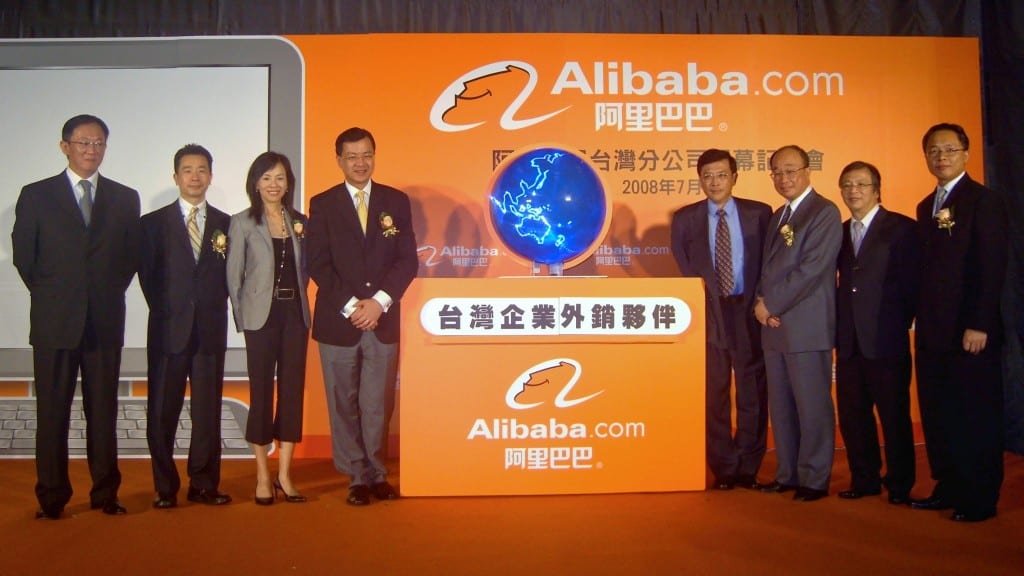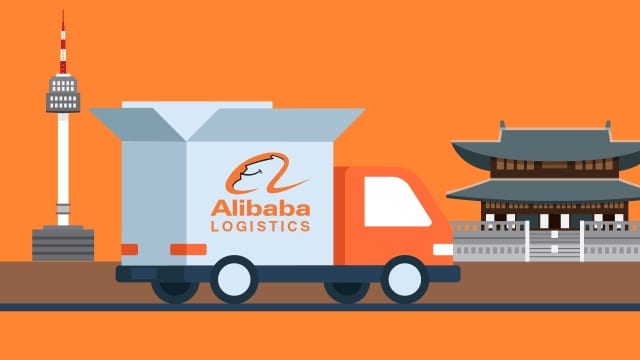
The partnership began in 2011 when Unilever opened a virtual store on Alibaba’s Tmall.com online shopping portal. Last year it opened a store on Tmall Global, a cross-border solution that allows overseas retailers to sell and deliver goods directly to Chinese consumers online via government-backed FTZs and PRC bonded warehouses.
Alibaba’s e-commerce “ecosystem” includes China’s retail marketplaces Tmall and Taobao Marketplace as well as logistics and online payment solutions, cloud computing, and a marketing technology platform called Alimama that provides retailers with extensive data analytics.
Daniel Zhang, Alibaba CEO said the two companies “will jointly innovate in Big Data analytics application, cross-border e-commerce, and supply chain management”. The company will also protect Unilever’s brands by tagging each product with a unique QR code that allows the consumer to verify its authenticity and origin.
Last year Alibaba began a three to five-year US$1.6 billion program to build 1,000 county-level and 100,000 villa ge-level Taobao service centers in order to provide e-commerce and logistics services to underdeveloped parts of China.
ge-level Taobao service centers in order to provide e-commerce and logistics services to underdeveloped parts of China.
The company said its cross-border system gives international retailers greater merchandising flexibility because shipments are made only on demand, reducing the need for sales forecasts and warehouse space in China.
Online shopping accounted for 10.7 percent of total retail sales in China in 2014, according to the country’s National Bureau of Statistics.
For the first six months of 2015 Unilever has reported a 12 percent increase in turnover to €27 billion. The operating profit fell 13 percent to €3.8 billion and net profit fell 11 percent to €2.7 billion.
Unilever CEO Paul Polman noted: “The first half demonstrates again the progress we have made in the transformation of Unilever to deliver consistent, competitive, profitable and responsible growth, now in the seventh year. We plan for another year of volume growth ahead of our markets, steady improvement in core operating margin and strong cash flow,” he added.
The company has also announced a one-year partnership with the WWF to raise public awareness against deforestation. The program will help protect a million trees by supporting forest protection programs in Brazil and Indonesia. The two countries historically have had the highest rates of deforestation in the world and have some of the largest areas of intact forest globally.
Polman commented: “Stopping deforestation is an urgent priority in tackling climate change. Forests are second only to the oceans as the largest global store of carbon and support 80 percent of terrestrial biodiversity across the globe. As a business it is crucial that we operate sustainably and take action to help consumers live sustainably. It’s a moral imperative and a business one – to be here for the long term.”